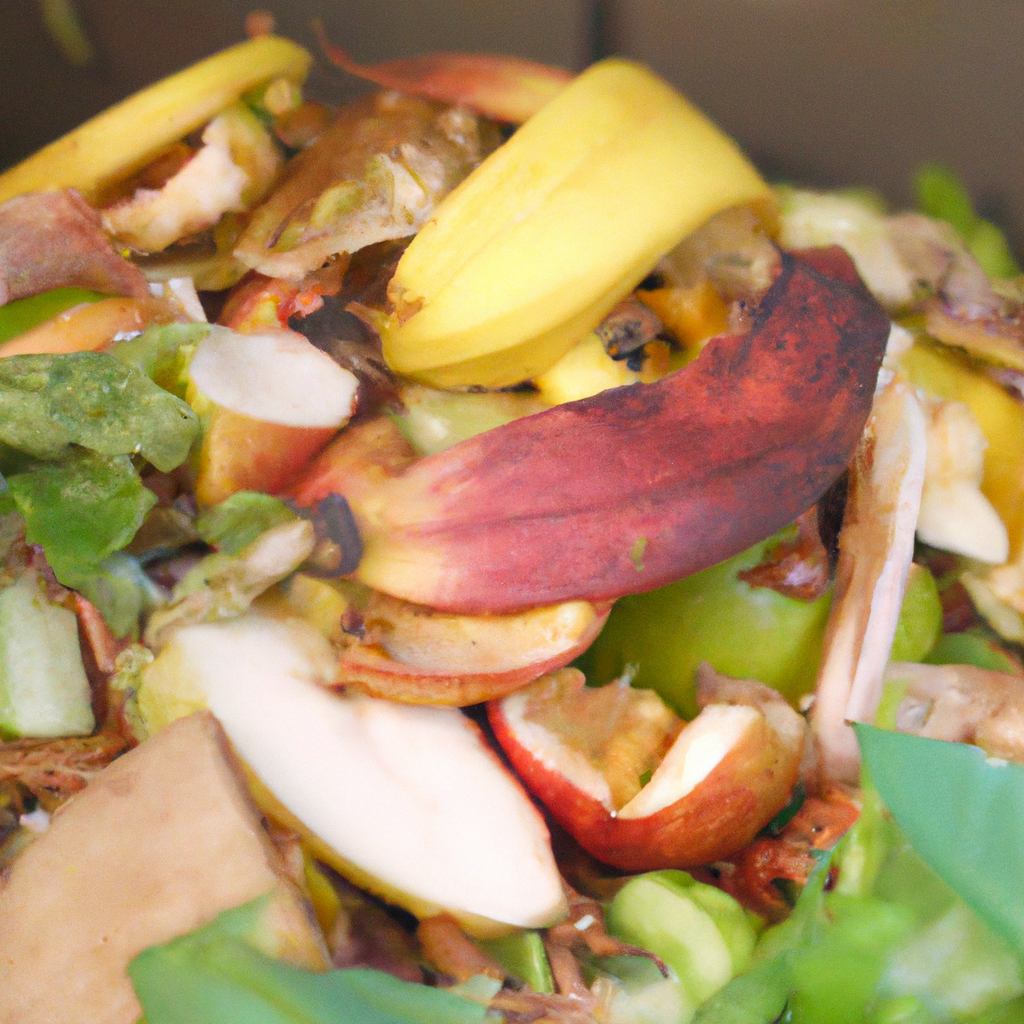Composting is a natural process that breaks down organic materials such as kitchen waste and transforms them into a nutrient-rich soil amendment. Composting kitchen waste is an eco-friendly and sustainable way to manage waste and improve soil health. In this article, we will explore the benefits of composting kitchen waste, including environmental benefits, soil health, and gardening.
Environmental Benefits
Composting kitchen waste can significantly reduce waste going to landfills, which emits greenhouse gases such as methane. Kitchen waste accounts for a significant portion of household waste. By composting kitchen waste, we divert organic materials from landfills, thereby reducing greenhouse gas emissions. Moreover, composting kitchen waste produces organic fertilizer, which reduces the need for synthetic fertilizers, which are petroleum-based and contribute to greenhouse gas emissions from their production and transportation.
Reduce Waste
Composting kitchen waste is a simple and effective way to reduce waste and save money. By composting kitchen waste, we can reduce the amount of waste going to landfills, which can reduce the frequency of trash collection. Moreover, composting kitchen waste can save money by reducing the need for synthetic fertilizers in gardening, which can be expensive.
Soil Health
Composting kitchen waste is an effective way to improve soil health. The compost produced from kitchen waste contains essential nutrients such as nitrogen, phosphorus, and potassium, which are essential for plant growth. Adding compost to soil can improve soil structure, water retention, and drainage. Moreover, composting kitchen waste can help balance soil pH, making it more conducive to plant growth.
Gardening
Composting kitchen waste is an effective way to improve gardening. Adding compost to soil can improve soil fertility, which can improve plant growth, yield, and quality. Composting kitchen waste can also help prevent soil erosion, reduce water needs, and suppress plant diseases. Moreover, composting kitchen waste can help create a sustainable and eco-friendly garden, reducing the need for synthetic fertilizers and pesticides.
Eco-friendly
Composting kitchen waste is an eco-friendly way to manage waste. Composting is a natural process that transforms organic materials into nutrient-rich soil amendment. Moreover, composting kitchen waste can help reduce greenhouse gas emissions from landfills and reduce the need for synthetic fertilizers, which are petroleum-based. Composting kitchen waste is an effective way to reduce our carbon footprint and promote sustainability.
Waste Management
Composting kitchen waste is an effective way to manage waste. Kitchen waste accounts for a significant portion of household waste. By composting kitchen waste, we can divert organic materials from landfills and reduce the frequency of waste collection. Moreover, composting kitchen waste can help reduce the need for synthetic fertilizers, which can reduce waste from their production and transportation.
In conclusion, composting kitchen waste is an effective and eco-friendly way to manage waste and improve soil health. Composting kitchen waste can reduce waste going to landfills, reduce greenhouse gas emissions, and produce organic fertilizer. Moreover, composting kitchen waste can improve soil fertility, plant growth, and yield. Composting kitchen waste is an effective way to create a sustainable and eco-friendly garden and promote sustainability.







